Don t feed honey to babies
Infant Botulism (for Parents) - Nemours KidsHealth
Reviewed by: Kate M. Cronan, MD
Primary Care Pediatrics at Nemours Children's Health
en español Botulismo del lactante
What Is Infant Botulism?
Infant botulism is an illness that can happen when a baby ingests (takes in) toxins from a type of bacteria. Babies with infant botulism (BAH-chuh-liz-im) can have muscle weakness, a weak cry, and trouble breathing. They need to be treated in a hospital. With early diagnosis and proper medical care, a baby should fully recover from the illness.
What Causes Infant Botulism?
Infant botulism is caused by a toxin (a poison) from Clostridium botulinum bacteria, which live in soil and dust. The bacteria can get on surfaces like carpets and floors and also can contaminate honey. That's why babies younger than 1 year old should never be given honey.
These bacteria are harmless to older kids and adults. That's because their mature digestive systems can move the toxins through the body before they cause harm.
Infant botulism usually affects babies who are 3 weeks to 6 months old. But all babies are at risk for it until their first birthday.
What Are the Signs & Symptoms of Infant Botulism?
Babies with infant botulism might have:
- constipation (often the first sign that parents notice)
- weak facial muscles that makes their face look "flat"
- a weak cry
- weak muscles in the arms, legs, and neck
- breathing problems
- trouble swallowing with a lot of drooling
They also might not feed well or move as much as usual.
How Is Infant Botulism Diagnosed?
Doctors diagnose infant botulism by asking about the baby's symptoms. They'll do an exam, and might order tests to see how the baby's muscles are working.
How Is Infant Botulism Treated?
Babies with infant botulism need care in a hospital, usually in the intensive care unit (ICU). The health care team will try to limit the problems the toxin causes in the baby's body.
Doctors treat infant botulism with an antitoxin called botulism immune globulin intravenous (BIGIV). They give this to babies as soon as possible. Babies with botulism who get BIGIV recover sooner and spend less time in the hospital than babies who don't.
If the toxin affects the breathing muscles, a baby might need to use a breathing machine (ventilator) for a few weeks until they get stronger. It also can affect the swallowing muscles, so babies usually need intravenous (IV) fluids or feedings through a tube to get nourishment.
Can Infant Botulism Be Prevented?
Experts don't know why some infants get botulism while others don't.
One way to reduce the risk of botulism is to not give infants honey or any processed foods with honey before their first birthday. Honey is a proven source of the bacteria. If you have questions about other products to avoid, ask your doctor.
Reviewed by: Kate M. Cronan, MD
Date reviewed: February 2020
Botulism and Honey.
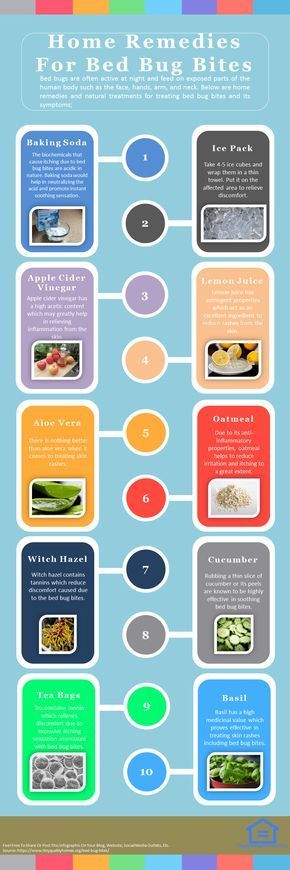 What's the Connection?
What's the Connection?The Bottom Line
Botulism is a rare but dangerous type of poisoning that affects the nervous system. Honey can contain botulism spores; these spores release a toxin that can poison infants. The most dangerous effect is paralysis of the diaphragm, which means the infants cannot breathe on their own without a respirator until the disease is cured.
Need help? Get help onlineor
Call 1-800-222-1222
The Full Story
Children under the age of twelve months are at risk of infant botulism if they are fed honey or anything with honey in it. Botulism spores can be found in honey; when swallowed, the spores release a toxin. Infants' systems are too immature to prevent this toxin from developing. In fact, most cases of botulism in the U.S. are in infants.
When botulism toxin is absorbed from the intestines, it affects the nervous system. The most common symptoms in infants are muscle weakness – the infant feels "floppy" and the eyelids can droop; constipation, sometimes for several days; poor sucking and feeding; and an unusual cry. Poor feeding can quickly lead to dehydration. Muscle weakness can lead to breathing difficulties.
Poor feeding can quickly lead to dehydration. Muscle weakness can lead to breathing difficulties.
No one knows exactly how long it takes for symptoms to develop, but it's thought to be about 3 to about 30 days. Over a period of a few days, a child can become acutely ill. Treatment in an ICU, including a respirator and feeding through an IV or a tube may be needed. If botulism is thought to be the cause of the child's illness, there is a treatment available, but it takes a day or so for this unusual drug to be delivered to hospitals. Children usually recover, even without this drug, but receiving it can shorten the length of time that a child spends in the hospital.
There are other sources of botulism spores, especially soil, so that honey is not the only way that infants can be exposed. However, NOT giving honey in any form to infants is an easy, safe way for parents to limit the risk.
Rose Ann Gould Soloway, RN, BSN, MSEd, DABAT emerita
Clinical Toxicologist
Poisoned?
Call 1-800-222-1222 or
HELP ME online
Prevention Tips
Do not feed honey or products containing honey to infants under 12 months old.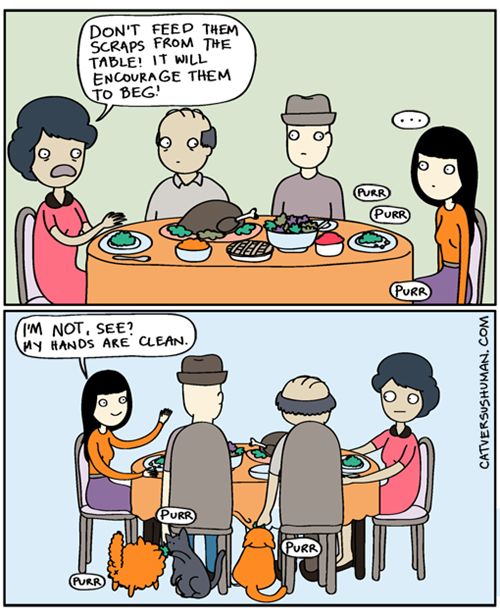
This Really Happened
A 6-week-old boy was brought to the emergency room with a 2-day history of decreased activity, weak cry and poor feeding. He had been fed one teaspoon of honey every day for 2 weeks prior because of constipation. The brand and country of origin of the honey were not recorded in the medical record. The baby was admitted to the hospital and became increasingly limp, showing movement only of his fingers and toes. He had facial and eyelid drooping and flaccid paralysis (characterized by weakness and poor muscle tone) including his breathing muscles. A diagnosis of infant botulism was confirmed by cultures of stool and honey samples. The baby remained on a ventilator for 67 days. On discharge 3 months after admission he still had muscle weakness and required feeding by a nasogastric tube. However, at the end of the third month after hospital discharge his neurological examination was unremarkable and further follow-up was normal.
Reference: Van der Vorst, M. M.J., Jamal, W., Rotimi, V.O., & Moosa, A. Infant botulism due to consumption of contaminated commercially prepared honey. Medical Principles and Practice. 2006;15:456-458.
M.J., Jamal, W., Rotimi, V.O., & Moosa, A. Infant botulism due to consumption of contaminated commercially prepared honey. Medical Principles and Practice. 2006;15:456-458.
For More Information
Botulism (CDC)
References
Abdulla CO, Ayubi A, Zulfiquer F, Santhanam G, Ahmed MAS, Deeb J. Infant botulism following honey ingestion. BMJ Case Reports. 2012; doi:10.1136/bcr.11.2011.5153.
Brook I. Infant botulism. Journal of Perinatology. 2007;27:175–180. doi:10.1038/sj.jp.7211651.
Poisoned?
Call 1-800-222-1222 or
HELP ME online
Prevention Tips
Do not feed honey or products containing honey to infants under 12 months old.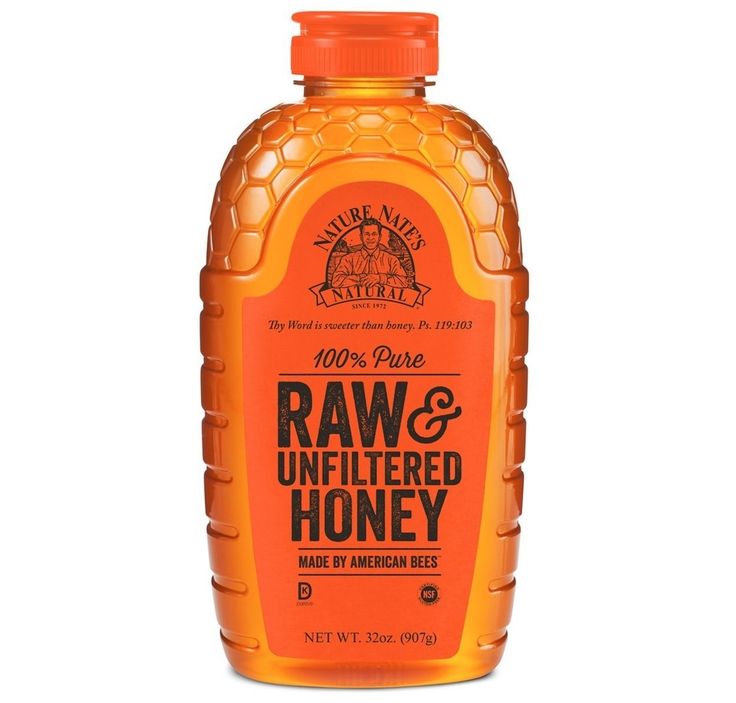
This Really Happened
A 6-week-old boy was brought to the emergency room with a 2-day history of decreased activity, weak cry and poor feeding. He had been fed one teaspoon of honey every day for 2 weeks prior because of constipation. The brand and country of origin of the honey were not recorded in the medical record. The baby was admitted to the hospital and became increasingly limp, showing movement only of his fingers and toes. He had facial and eyelid drooping and flaccid paralysis (characterized by weakness and poor muscle tone) including his breathing muscles. A diagnosis of infant botulism was confirmed by cultures of stool and honey samples. The baby remained on a ventilator for 67 days. On discharge 3 months after admission he still had muscle weakness and required feeding by a nasogastric tube. However, at the end of the third month after hospital discharge his neurological examination was unremarkable and further follow-up was normal.
Reference: Van der Vorst, M. M.J., Jamal, W., Rotimi, V.O., & Moosa, A. Infant botulism due to consumption of contaminated commercially prepared honey. Medical Principles and Practice. 2006;15:456-458.
M.J., Jamal, W., Rotimi, V.O., & Moosa, A. Infant botulism due to consumption of contaminated commercially prepared honey. Medical Principles and Practice. 2006;15:456-458.
Honey for children | Medovkrym.ru
It is difficult to overestimate the useful properties of one of the most valuable natural products. Since ancient times, it has been used as a medicinal and prophylactic agent. Honey is actively used in medicine, cosmetology and cooking. Of course, we all think about how to give honey to children: is it possible, when and how to start introducing this magical product and how much will be useful for our children.
The opinions of doctors about the age at which honey can be given to children differ somewhat. Some say that honey should be introduced to children from 1.5-2 years of age, others recommend starting after 3 years.
We advise you to follow the recommendations of the World Health Organization (WHO), which categorically prohibits giving honey to a child under the age of 12-18 months.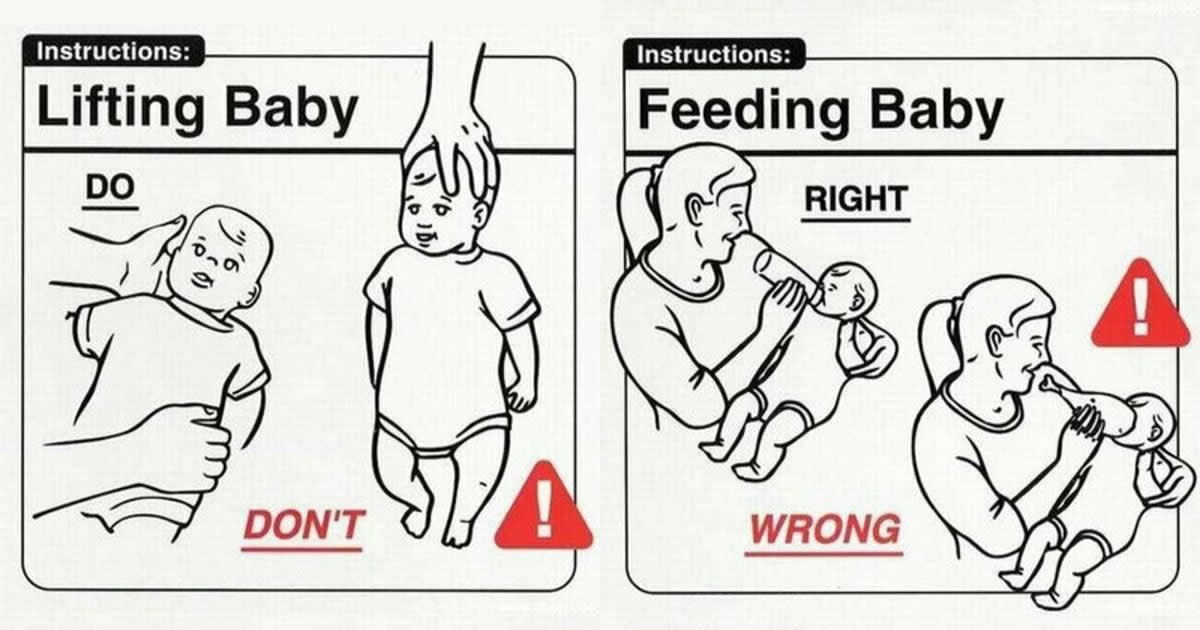 Dr. Komarovsky also holds a similar opinion and believes that you can wait up to 2 years to start giving honey to children.
Dr. Komarovsky also holds a similar opinion and believes that you can wait up to 2 years to start giving honey to children.
Why shouldn't honey be given to children under 1 year old?
British scientists have found that it is dangerous to give honey to children under one year old: at this age, a treat can create a very favorable environment for the development of botulism in the baby's digestive system. This is due to the content in the honeycombs of the spore-forming bacillus Clostridium botulinum.
Botulism spores are not bacteria, so they cannot harm a child from 1-1.5 years old and an adult, as they die already in the stomach under the influence of hydrochloric acid. In children of the first year of life, the gastrointestinal tract is still being formed, and its acidity is not high enough to fight pathogens. Spores, getting into the immature intestines of an infant, begin to produce a toxin that disrupts neuromuscular connections. Infant botulism is quite rare and is usually completely curable, but there is sometimes a risk of disability or death.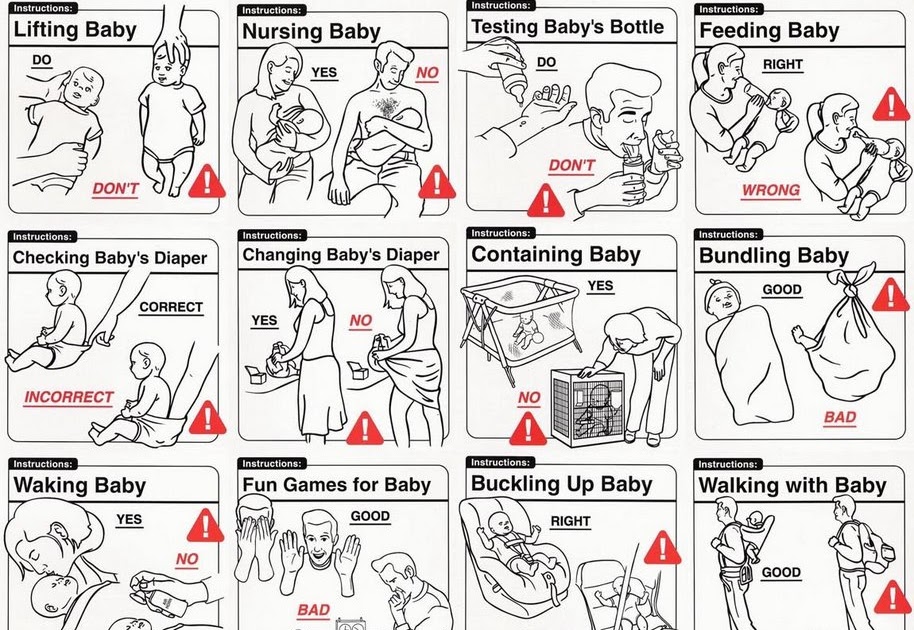
If your baby is already in the second year of life, you can gradually introduce our wonderful product. Before giving honey to children for the first time, dissolve a couple of drops of it in a glass of water and let the baby drink (in the morning). If during the day there are no negative reactions, then start giving 1/3 teaspoon per day. Children under 3 years old can be given 1-2 teaspoons per day, 3-6 years old - 2-3 teaspoons, 7-12 years old - 3-4 teaspoons, over 12 years old - 1-2 tablespoons.
Do not forget that honey is a strong allergen, along with citrus fruits. An allergic reaction to honey is not common, but the immune system of young children is not fully formed, which is why when giving honey to children, care should be taken. The reason for the allergy is in the complex multicomponent composition of the product, that is, the reaction does not occur on the honey itself, but on its individual components.
If you have made sure that the baby responds well to the new product, feel free to use it as a restorative, prophylactic or auxiliary remedy.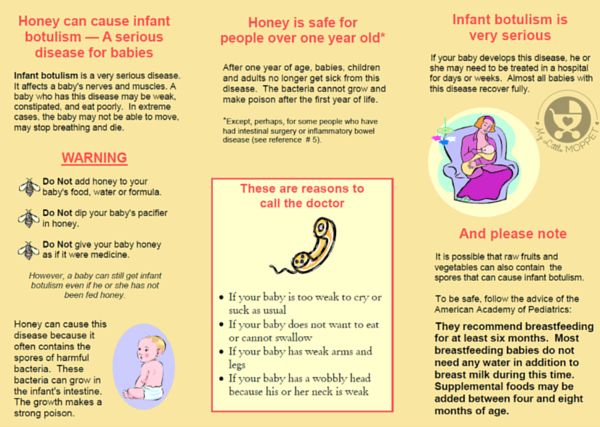 If your child is sick, and you want to help him with something else, in addition to the medicines recommended by the doctor, you can give honey to children for medicinal purposes in small quantities from the age of one. As well as when introducing a bee product into the menu, caution is required here. Start with small doses, and if the baby's reaction is normal, feel free to take the treatment.
If your child is sick, and you want to help him with something else, in addition to the medicines recommended by the doctor, you can give honey to children for medicinal purposes in small quantities from the age of one. As well as when introducing a bee product into the menu, caution is required here. Start with small doses, and if the baby's reaction is normal, feel free to take the treatment.
Honey treatment.
Remember not to add this valuable product to hot drinks. Heating it over 45 degrees reduces the enzymatic activity of the product, that is, the absorption of carbohydrates worsens, and poorly soluble salts are formed.
Light sedative at night. If your "shilopop" does not want to go to bed after an active day, give him a spoonful of honey with warm milk at night. Honey has a positive effect on the nervous system of the child and has a calming effect.
Vitamin blend. Grind with a meat grinder or blender and mix dried apricots, prunes, pitted raisins, figs, walnuts and honey. Give your child a mixture of a teaspoon per day as an additional source of vitamins (this is especially true in winter and spring). The whole family can take our signature preparation of ginger, lemon and honey.
Give your child a mixture of a teaspoon per day as an additional source of vitamins (this is especially true in winter and spring). The whole family can take our signature preparation of ginger, lemon and honey.
Rubbing for respiratory infections. If you have a runny nose and cough, you can spread honey on the chest, neck and back of the child, and then wrap him up warmly. But you should not do this procedure at elevated temperatures, otherwise the heat transfer from the skin will be impaired.
First aid for cooling. If your "explorer" has come home from a deep study of cold puddles, make tea for him and offer him honey. This combination will increase blood circulation and allow you to warm up faster.
For bedwetting. Brew one teaspoon of horsetail and yarrow in a glass of boiling water, add one spoonful of honey and infuse for 2 hours. Give your child this tea an hour before bedtime.
When coughing. The fact is that honey contains substances that promote the activation of the synthesis of compounds that suppress the cough center. Due to this, the frequency and intensity of the obsessive, dry cough, which does not bring the slightest relief, is reduced. In addition, due to its enveloping action, the use of this bee product helps to soften an irritated throat and eliminate tickling in it. At the same time, it contains components that contribute to thinning, swelling and, therefore, facilitating the release of mucus from the bronchi. Thus, cough treatment with honey is effective in all cases, that is, with both dry and wet coughs.
The fact is that honey contains substances that promote the activation of the synthesis of compounds that suppress the cough center. Due to this, the frequency and intensity of the obsessive, dry cough, which does not bring the slightest relief, is reduced. In addition, due to its enveloping action, the use of this bee product helps to soften an irritated throat and eliminate tickling in it. At the same time, it contains components that contribute to thinning, swelling and, therefore, facilitating the release of mucus from the bronchi. Thus, cough treatment with honey is effective in all cases, that is, with both dry and wet coughs.
At elevated body temperature. Honey is a good diaphoretic, that is, when ARVI begins, it is worth giving honey to children regularly until complete recovery, it will serve as a good helper for your baby's immune system.
Summing up, we repeat the main idea: honey can be given to children with such precautions as the minimum age of the child and monitoring the reaction. Take care of the quality of the product, as this will be the key to the beneficial effects of the product on your baby.
Take care of the quality of the product, as this will be the key to the beneficial effects of the product on your baby.
Is it possible to give honey to children? From what age? Benefits and contraindications.
It is known that very young Zeus was fed with the milk of the divine goat and honey nectar. Is honey suitable for today's little sweet tooth? Will he give them strength and health, like the supreme Greek deity?
At what age can honey be given to children? age dosages.
Honey is an amazing product in terms of its taste qualities and invaluable in terms of its medicinal properties. No wonder so many parents want to give it to their kids. Answering the question whether it is possible to give honey to children for food, let's say - it is possible, but carefully!
Most doctors are inclined to believe that it is better to introduce honey into a child's diet after he is 1 year old. The delicacy is classified as a highly allergenic product, and up to a year the immune system of the baby has not yet been formed.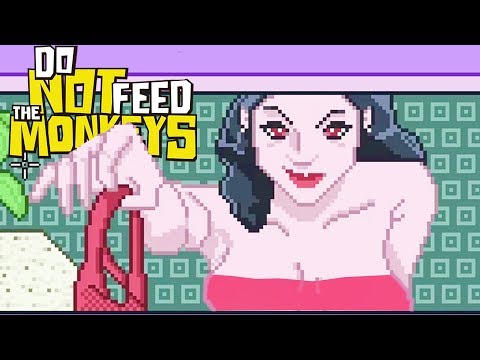
Doctors' opinions about the first intake of honey in a child's food vary somewhat. Some say that it should be introduced from 1.5-2 years, others - only after 3-6 years. Dr. Komarovsky believes that if a child has no signs of allergy, and his parents tolerate bee products without consequences, then with a high degree of probability honey will be well absorbed by the baby.
In any case, a small test is recommended before the first dose. Spread a small amount of honey on the inside of the baby's wrist. If within 1 day itching does not begin at this place and redness does not appear, then you can give a few drops of a sweet treat. After making sure that the child does not have allergies, parents can increase the dosage of honey up to 30 grams (1 tablespoon) per day. It is advisable to eat this amount not at one time, but in portions.
Schoolchildren from 6 to 9 years old are recommended to take honey for food, in the absence of contraindications.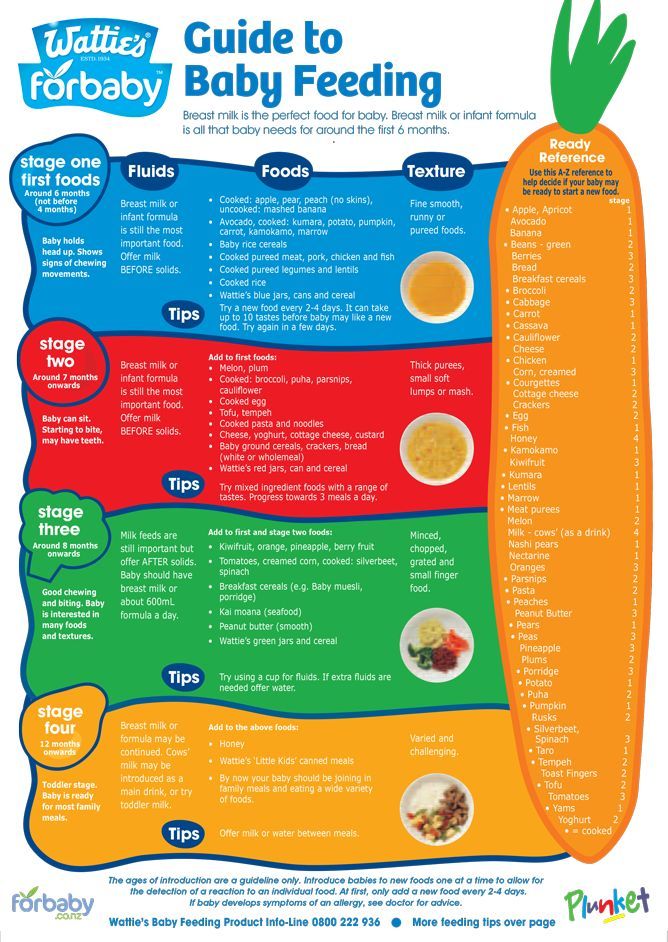 To improve health and immunity, you can give 50 g (1.5 tablespoons) of honey per day in several doses.
To improve health and immunity, you can give 50 g (1.5 tablespoons) of honey per day in several doses.
Adolescents from 9 to 15 years old can already consume an almost adult dose - up to 80 g of honey per day (3 tablespoons).
Which honey is suitable for a child and how to give it?
Give liquid honey to children. Honey in combs is not entirely suitable for baby food, although it is considered more useful.
Dilute honey in warm tea or milk, add to cottage cheese, compote, juice or jelly. There are also many recipes for making treats based on honey or with its addition.
You should know that honey diluted in a liquid with a temperature above 45C loses its beneficial properties!
And most importantly, never force a child to eat honey. With good intentions, you can easily cause disgust for this tasty and healthy gift of nature for life. To interest the baby, you can come up with a fascinating story about how bees make honey.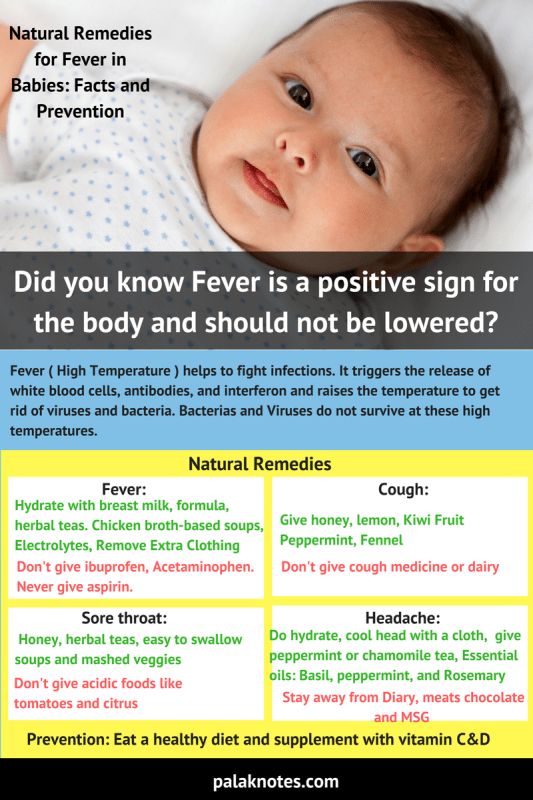
What are the benefits of honey for children?
The benefits of honey for children are confirmed by scientific research and the experience of many parents. Let's highlight the main one.
- Development. Honey helps the active development of the child.
- Strengthening the immune system. Carotene and ascorbic acid contained in honey help fight infections and get sick less often.
- Strengthening bones and teeth. Thanks to honey, a growing body absorbs magnesium and calcium better and receives prophylaxis against scoliosis. Honey does not destroy tooth enamel. However, due to the fructose content, the child should be taught to rinse his mouth after eating it.
- Anti-inflammatory effect. Honey is useful for inflammatory diseases of the respiratory system, digestion, kidneys and biliary tract.
- Treatment of diseases of the lungs and upper respiratory tract. Honey is able to ease coughing attacks and promote recovery from bronchitis, tracheitis, laryngitis, whooping cough, pneumonia, etc.

- Antipyretic effect. Honey has strong diaphoretic properties, so it is given to children at elevated body temperature.
- Improvement of blood composition. Honey contributes to the fastest recovery from anemia. The level of hemoglobin in the child's blood rises.
- Improved digestion. Honey stimulates the active digestion of proteins and fats. They do not linger in the intestines and do not form putrefactive processes.
- Vision improvement. Carotene, ascorbic acid and thiamine increase visual acuity and prevent wearing glasses in the future.
- Treatment of the genitourinary system. Honey helps in the treatment of urinary incontinence in children.
- Sedative. Honey has a relaxing effect on the nervous system. Children fall asleep faster, they have a healthy full sleep.
- Antifungal effect. Honey is effective in children's candidiasis in the mouth and in angina on the background of a fungal infection.
